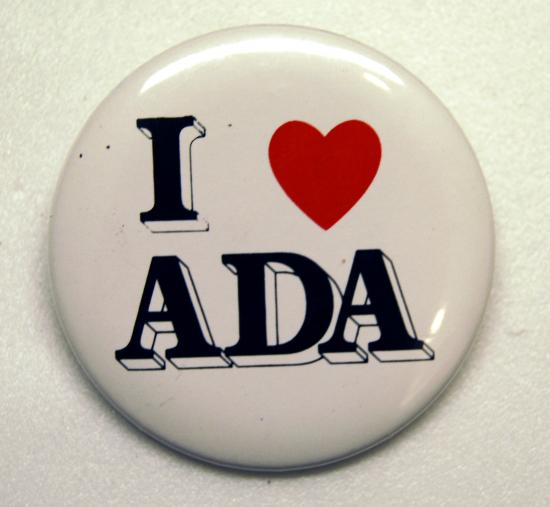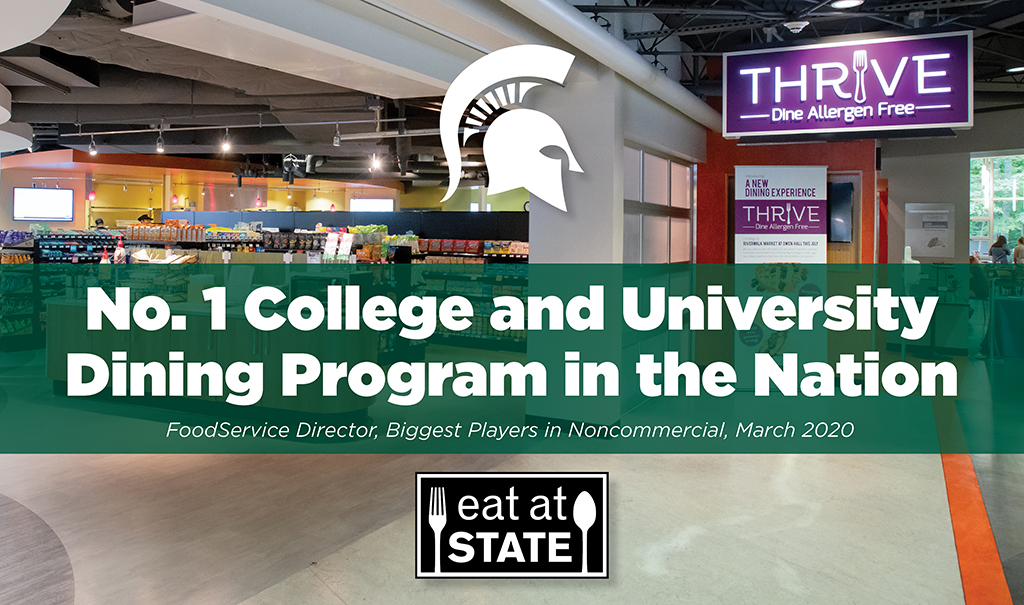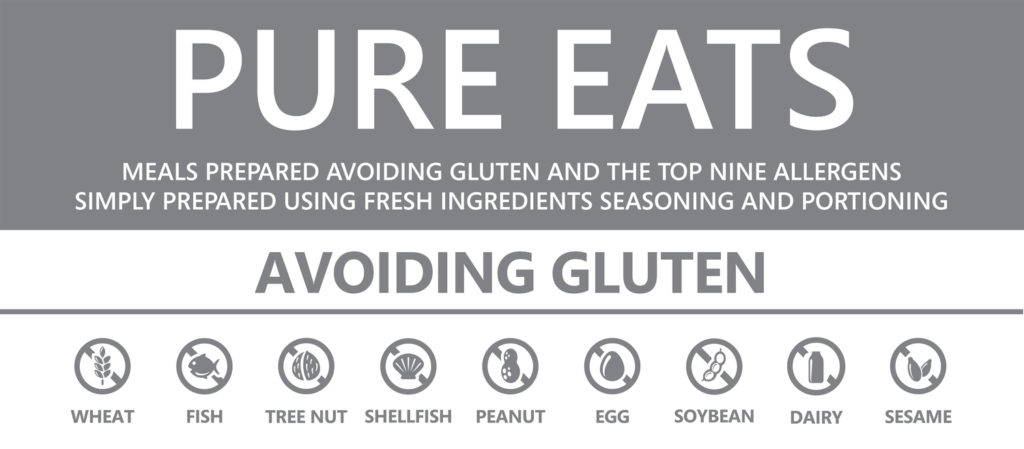We’ve hit the waning days of summer. That can only mean one thing: school is just around the corner!
For children who follow a gluten free diet for medical reasons like celiac disease, and those with other dietary restrictions like food allergies, going back to school gluten free can also mean potentially difficult, dangerous and awkward situations.

As a part of my “Nearly Normal” gluten-free philosophy, I want to share with you my guide for making going back to school – for school-age kids and college-bound teens alike – less stressful, safer and of course, more delicious! Whether your child is starting kindergarten or off to university, these tips will ensure a safe and delicious experience.
For college-bound students, specifically, hop to my post all about going to college gluten free.
Beyond packing an awesome gluten free school lunch, one of the first things every parent of a gluten free or food allergic child should understand, is what are your rights. Your child may be covered under federal law that protects anyone with a disability from discrimination, and ensures equal access to education.
Food Allergies, Celiac Disease, Gluten Free and the ADA

The Americans with Disabilities Act, Title III, prohibits discrimination on the basis of disability in the activities of places of public accommodations. Disabilities are defined as mental or physical impairments which substantially limit major life activities — like eating — and major bodily functions including the gastrointestinal, immune and neurological systems. Food allergies and celiac disease have been found to qualify as “disabilities” under the ADA (42 U.S.C. § 12102).
Title III prohibits any public accommodations like museums, restaurants, theaters, concert halls, stadiums, shelters, hotels, schools, day care centers, hospitals, or elementary, secondary, undergraduate or postgraduate universities from discriminating against any individual on the basis of disability in the full and equal enjoyment of their goods, services, facilities, privileges, advantages, or accommodations.
504 Plans and Free Appropriate Public Education
Students with celiac disease or a documented food allergy (possibly even a severe food sensitivity) should use this legal information to support a request for gluten-free meals, as a reasonable accommodation under the ADA. Resources are available through organizations like the Celiac Disease Foundation to help provide support creating a 504 Plan for children with celiac disease. Kindergarten through 12th-grade, undergraduate and postgraduate schools, both public and private — recipients of Federal funding — must comply with both the ADA and with Section 504 of the Rehabilitation Act of 1973 (29 U.S.C. Section 794) which prohibits discrimination on the basis of disability.
Section 504 ensures that students with disabilities have access to a free appropriate public education (FAPE) in the least restrictive environment.
“No otherwise qualified individual with a disability. . . shall, solely by reason of her or his disability, be excluded from the participation in, be denied the benefits of, or be subjected to discrimination under any program or activity receiving Federal financial assistance. . .”
29 U.S.C. § 794(a).
A “504 Plan” is the written plan that allows access to an education for a child with a disability. Any school receiving federal financial assistance must comply with section 504 and provide 504 plans for eligible children. The process of obtaining a 504 Plan can vary depending on the school district, so it is important to understand the specific procedures in your area. The federal financial assistance may be direct or indirect. However, religious organizations and entities (like schools) controlled by religious organizations are exempt, and thus have no obligations under the ADA.
In order for a parent to make such a request, it is best to obtain a written statement signed by a licensed physician indicating what your child’s disability is, what foods must be omitted from his or her diet, and what foods must be substituted. This information will go on file with the school as part of a request for a 504 Plan.
The plan should not only cover the school’s supplying of gluten-free meals, it should also cover things like ease of access to restrooms, hand-washing after handling gluten play dough, advance notice to parents of field trips, parties, etc., and any other situation that might arise which could affect the child negatively in the school environment because of their “disability” under the ADA.
Celiac College Students and the ADA at Universities
At universities which require students living on campus to participate in a campus meal plan, the Department of Justice interprets the ADA to require that those universities make reasonable modifications to their meal plans in order to accommodate students with celiac disease and other food allergies. Both public and private institutions are required to follow these regulations, however as noted above, private schools controlled by religious organizations are exempt from these requirements of the ADA.
A 2019 Department of Justice settlement involving Rider University mirrors an earlier 2012 Lesley University settlement which established that students with food-related disabilities are entitled to reasonable accommodations from their college. This position is now well-established and should be expected to be followed by any U.S. university, although some are still better than others at implementing the details.

Many students are now choosing their college based on how accommodating they are to their dietary restrictions, and how many safe choices they anticipate finding when they will be living on campus.

There are many more universities offering safe gluten free dining options each year — as they should be — so be sure to investigate either before choosing your school or before returning to campus each year. Other food allergens are also being accounted for.

Regardless of whether you choose your college or university for this reason alone, once you do arrive on campus, be sure to register with register with their disability services office so that you can get as much assistance as they can provide for your medically required dining accommodations.
Help and How to File A Complaint under the ADA
The Department of Justice maintains an ADA Technical Assistance Program to answer any questions you may have about how the law applies to you. The ADA ensures that students with disabilities have equal access to public education and the necessary accommodations to support their learning.
To speak to an ADA Specialist, call the ADA Information Line [800-514-0301 (Voice) and 800-514-0383 (TTY)]. The ADA Website also provides further information about ADA regulations and technical assistance documents.
To file a complaint under the ADA, go to the DOJ’s site for downloadable forms and instructions.

Please share this information with anyone you feel may benefit from it, even your child’s school.
Please also take this opportunity to download my Back to School e-book. It contains much more information on handling school lunches, holidays, birthday parties and field trips, as well as my Top 10 Gluten Free College Tips and recipes for delicious and fun gluten-free breakfasts, lunches and party food.
Make Back to School gluten free as easy as can be by being prepared ahead of time. You’ve got this!



























Some good information here. Thank you!
Great! So glad it’s helpful to you!
~jules
This is SUCH a great resource–thanks Jules. The information is great, and because it comes from you, my husband and I know that it’s unbiased, accurate and up-to-date. I don’t know how you manage everything you manage for your fellow GF-ers, but we all appreciate you (and your products and eBooks) very much! Thanks for making back to school easier!
I’m excited to download the school book, but when I download the free book, it’s your baking Bread book. It’s like the link is messed up. Is there a way to still get the back to school book?
Thank you!
Hi Brianna – looks like the link is fixed now. Sorry for the mix-up! Go ahead and try again.
~jules